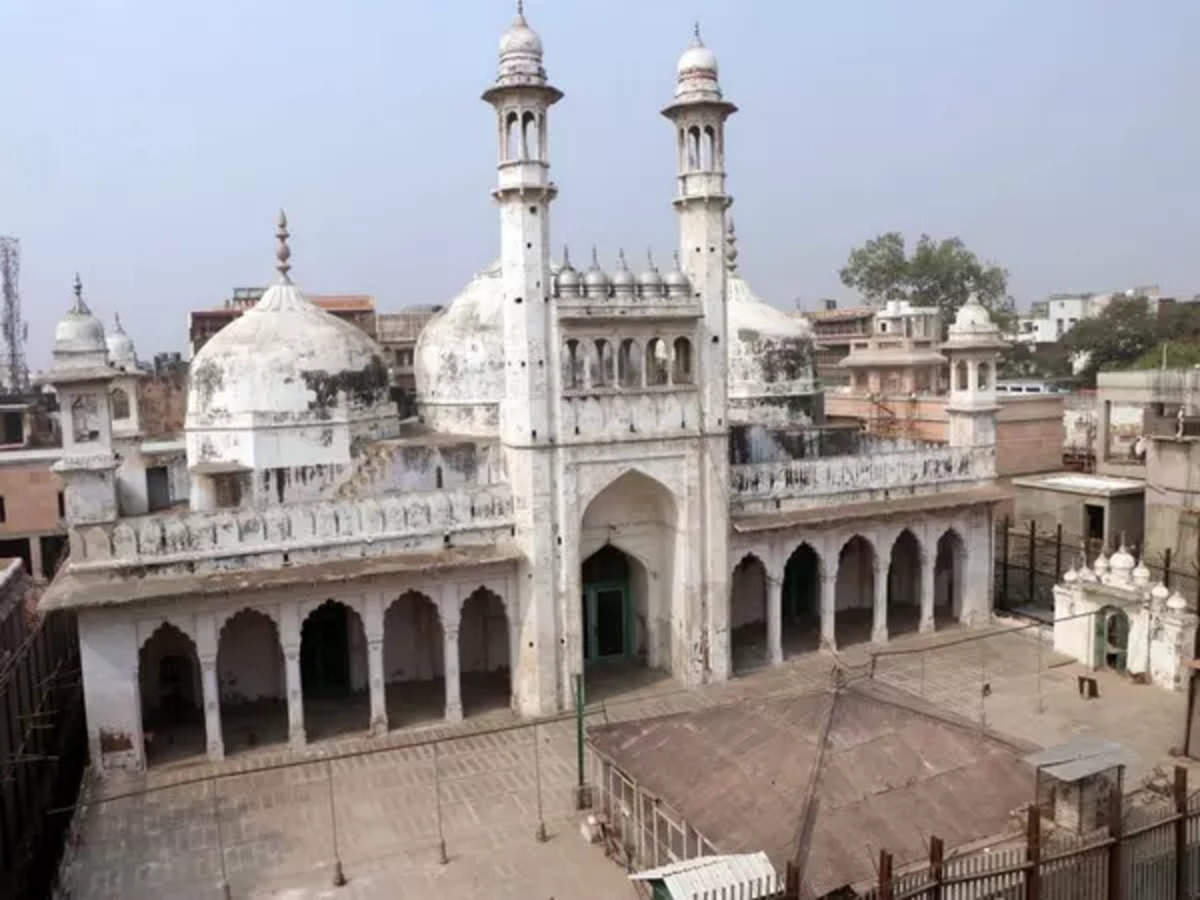


In response to the Varanasi court’s decision allowing Hindu devotees to perform prayers in the sealed basement of the Gyanvapi mosque premises, Jitendra Nath Vyas expressed his happiness for gaining permission to resume puja in the mosque adjacent to the Kashi Vishwanath Temple in Varanasi. Jitendra Nath Vyas, a member of the Vyas family, said, “We are very happy that we have got the permission to resume puja there.”
The Varanasi court granted permission for Hindu devotees to offer prayers inside the ‘Vyas Ka Tekhana’ area within the Gyanvapi mosque complex. Vyas mentioned that priests, along with members of the Vyas family, performed puja in the basement in the presence of district officials. He stated, “At the time of the puja (yesterday), five priests of the (Kashi Vishwanath) temple trust, members of the Vyas family, Varanasi DM, and Commissioner were present there.”
Advocate Vishnu Shankar Jain, representing the Hindu side, indicated that the puja would commence within seven days, with the right for everyone to participate. He mentioned, “Hindu side is allowed to offer prayers at ‘Vyas Ka Tekhana’. The District Administration will have to make arrangements within 7 days.”
In response to the court’s decision, Muslim side lawyer Akhlaq Ahmed stated their intention to approach the Allahabad High Court to challenge the ruling. He argued, “The order has overlooked the Advocate Commissioner report of 2022, ASI’s report, and the decision of 1937, which was in our favour. The Hindu side has not placed any evidence that prayers were held before 1993. There is no such idol in the place.”
AIMIM president Asaduddin Owaisi criticized the Varanasi Court’s decision, claiming it violated the Places of Worship Act. He pointed out the circumstances surrounding the judge’s retirement and questioned the judge’s assertion that no prayers had occurred since 1993, asserting that this information is a violation of the Places of Worship Act.